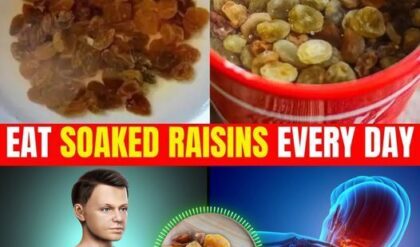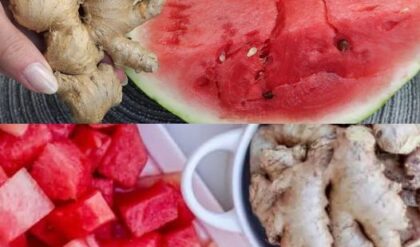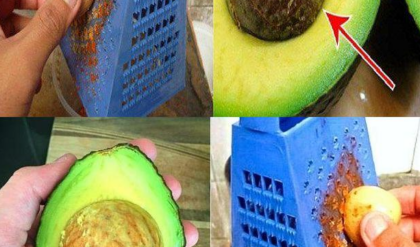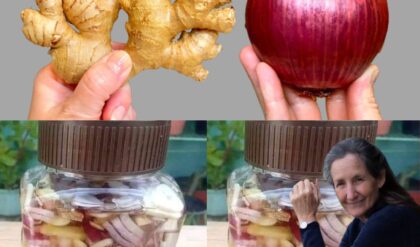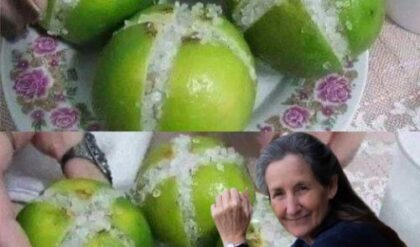Cartilage is a flexible connective tissue that cushions joints and allows for smooth, pain-free movement. Over time, cartilage can wear down due to aging, injury, or overuse, leading to joint pain, stiffness, and reduced mobility. Fortunately, the body’s ability to repair cartilage can be supported through proper nutrition. A balanced diet rich in collagen, glucosamine, chondroitin, omega-3 fatty acids, vitamins, and antioxidants can help maintain and restore knee cartilage.
Top Foods to Rebuild Knee Cartilage

Bone Broth
Bone broth is one of the best sources of collagen, along with natural glucosamine and chondroitin, which are essential for cartilage repair and maintenance.
How to Use
Drink one cup of bone broth daily or use it as a base for soups and stews.
Fatty Fish (Salmon, Mackerel, Sardines)
Fatty fish are rich in omega-3 fatty acids, which have powerful anti-inflammatory properties. These healthy fats reduce joint inflammation and support cartilage regeneration.
How to Use
Aim to eat two to three servings per week. Enjoy grilled salmon, mackerel in salads, or sardines on whole grain toast.
Leafy Greens (Spinach, Kale, Broccoli)
Leafy greens contain vitamins C and K, which are essential for collagen production. They also provide antioxidants that protect cartilage from damage.
How to Use
Include leafy greens in your salads, smoothies, or stir-fries for a nutritious boost.
Citrus Fruits (Oranges, Lemons, Grapefruits)
Citrus fruits are high in vitamin C, which is crucial for collagen synthesis. Regular consumption supports cartilage strength and reduces joint pain.

How to Use
Eat citrus fruits fresh or squeeze them into water or smoothies.
Nuts and Seeds (Almonds, Walnuts, Chia Seeds, Flaxseeds)
Nuts and seeds provide omega-3 fatty acids, vitamin E, and anti-inflammatory compounds that help combat joint inflammation and support cartilage health.
How to Use
Snack on a handful of nuts daily or sprinkle chia or flaxseeds over oatmeal or yogurt.
Berries (Blueberries, Strawberries, Raspberries)
Berries contain powerful antioxidants that help reduce inflammation and protect cartilage from oxidative stress.
How to Use
Enjoy berries as a snack, in smoothies, or on top of breakfast cereals.
Avocado
Avocados are rich in healthy fats and vitamin E, both of which help reduce inflammation and support joint health.
How to Use
Add avocado slices to salads, mash it for toast, or blend it into a smoothie.
Garlic and Onions
These allium vegetables contain sulfur compounds that help reduce joint pain and support cartilage repair.
How to Use
Use garlic and onions in daily cooking for added health benefits.
Whole Grains (Quinoa, Brown Rice, Oats)
Whole grains provide complex carbohydrates that help reduce inflammation and support cartilage recovery.
How to Use
Swap refined grains for whole grains in your meals. Enjoy oatmeal for breakfast or use quinoa and brown rice in meals.
Legumes (Lentils, Chickpeas, Black Beans)
Legumes are a great source of plant-based protein and fiber, which help support cartilage regeneration and reduce inflammation.
How to Use
Add legumes to soups, salads, or stews for a nutritious protein boost.
Bonus Tips for Joint Health
Stay Hydrated
Water is essential for keeping cartilage hydrated and maintaining its elasticity. Aim to drink at least eight glasses of water per day.
Avoid Processed Foods
Highly processed foods, especially those high in sugar and refined carbohydrates, can increase inflammation and slow down cartilage repair. Focus on whole, nutrient-rich foods.
Incorporate Turmeric
Turmeric contains curcumin, a natural anti-inflammatory compound. Adding turmeric to meals or drinking turmeric tea can further support joint health.
Sample Daily Meal Plan for Joint Health
Breakfast
A smoothie with spinach, mixed berries, chia seeds, and almond milk.
Lunch
A quinoa salad with kale, avocado, and grilled salmon for omega-3s and antioxidants.
Snack
A handful of walnuts or an orange for a vitamin C boost.
Dinner
A bowl of bone broth soup with lentils, garlic, and broccoli to support collagen production and joint repair.
Conclusion
Incorporating these nutrient-rich foods into your diet can help rebuild knee cartilage, reduce joint pain, and improve mobility. A diet rich in collagen, omega-3s, vitamins, and antioxidants supports cartilage regeneration and overall joint health.
Pairing healthy eating habits with regular movement and hydration will further strengthen joints and improve flexibility. Start including these foods today to keep your knees strong and pain-free.
